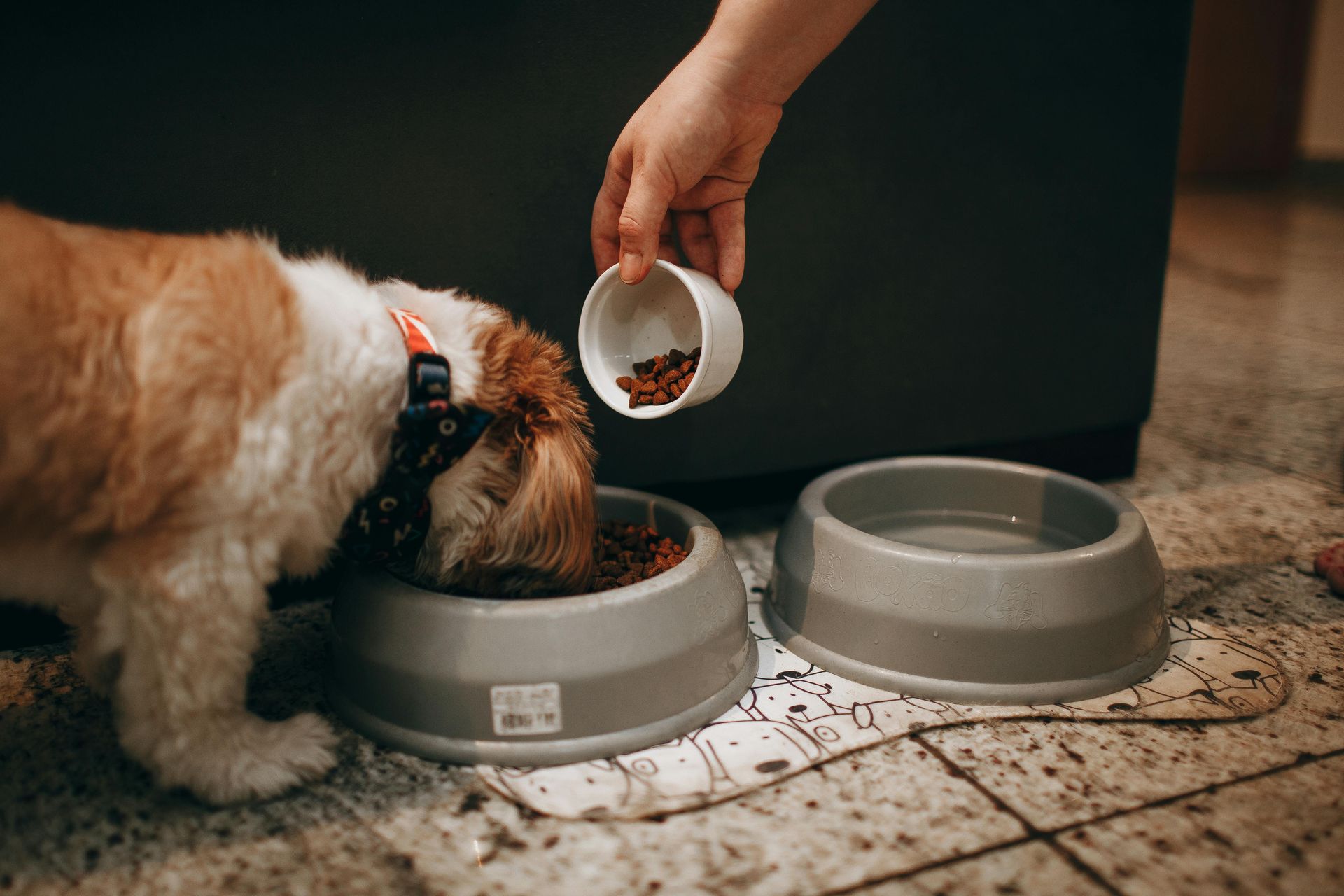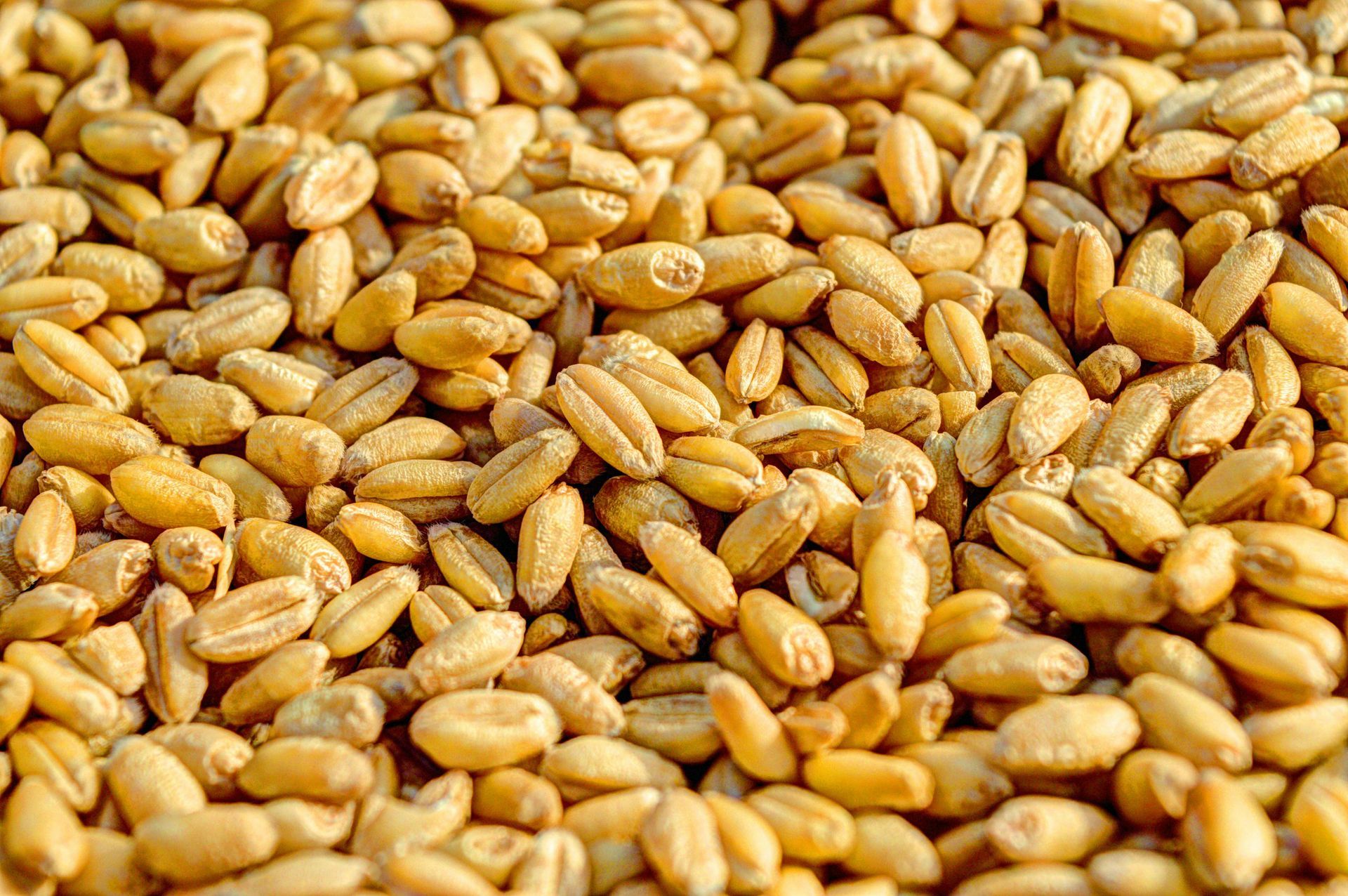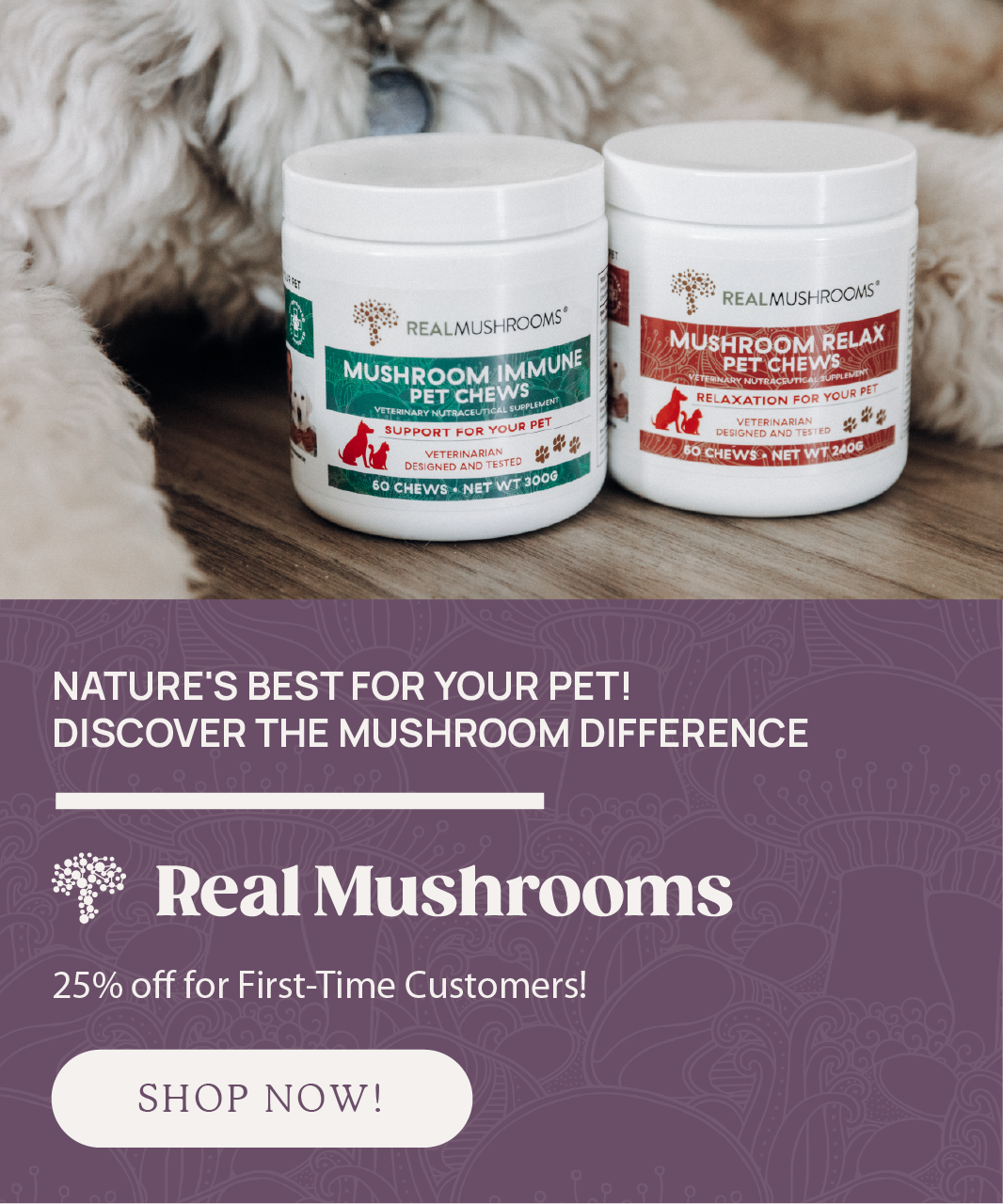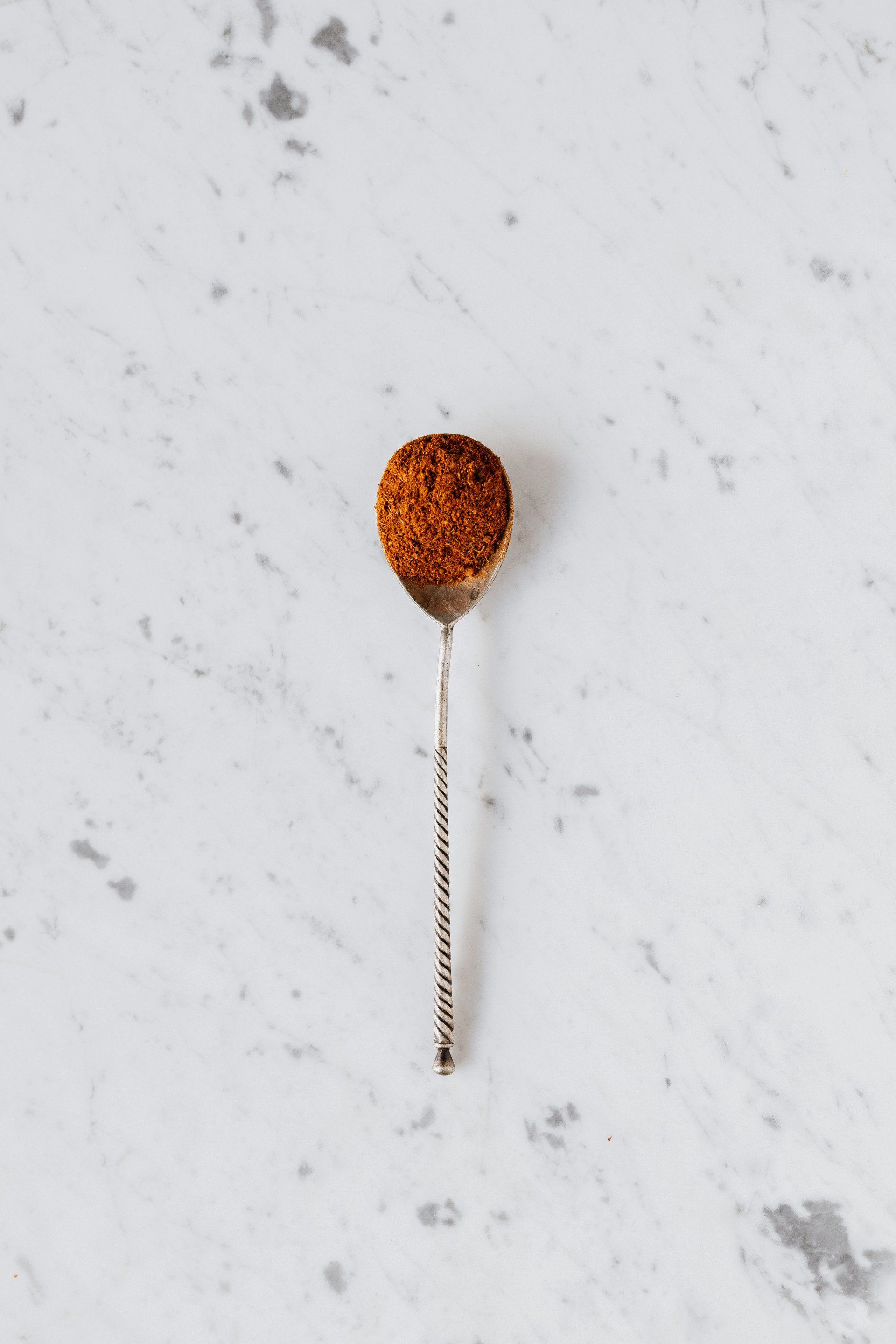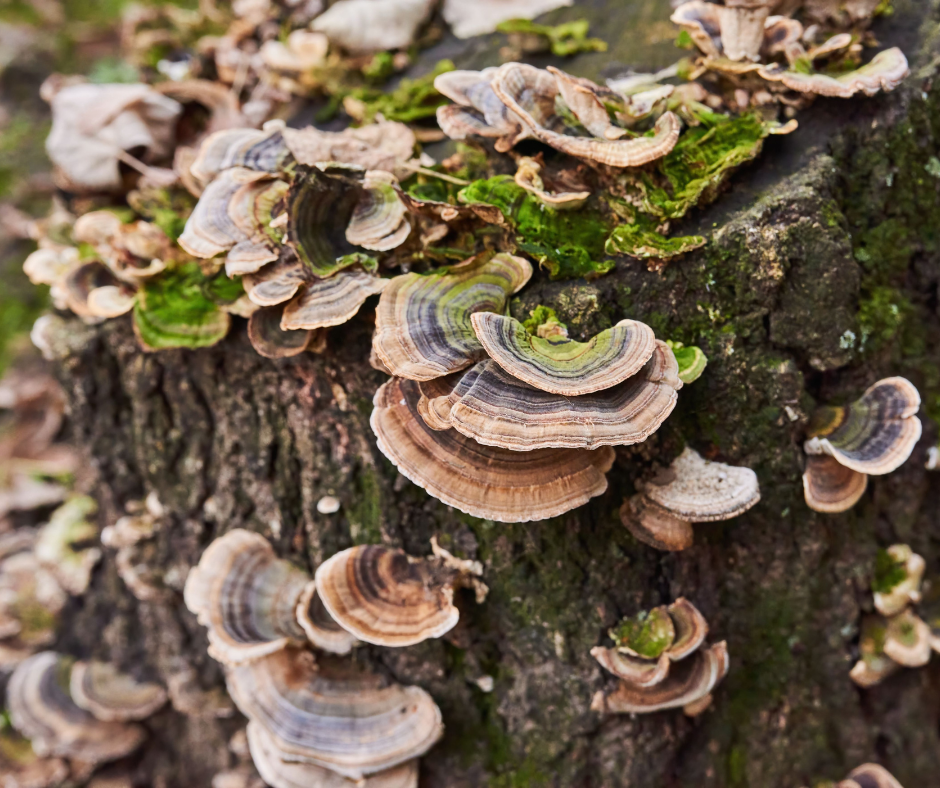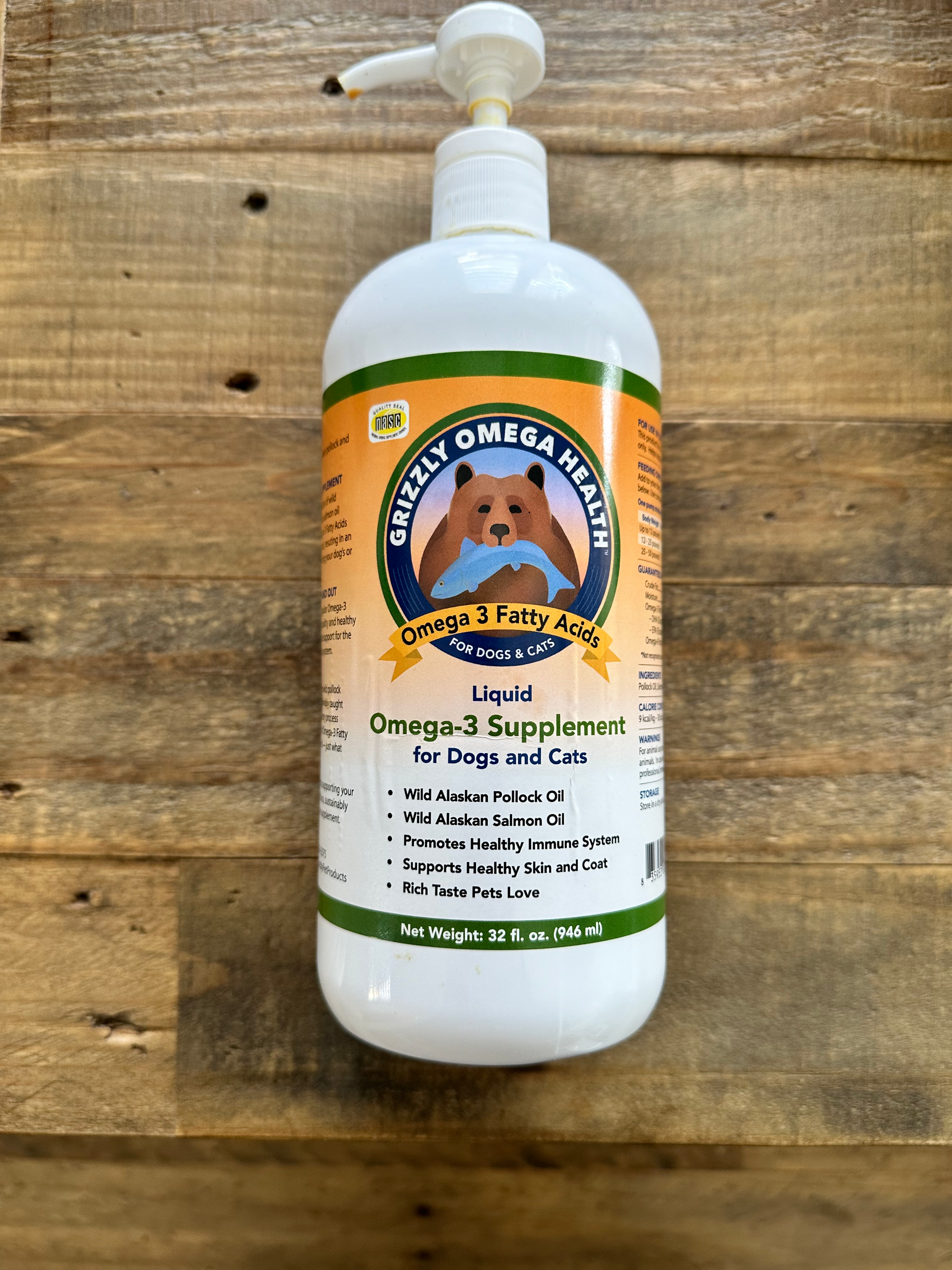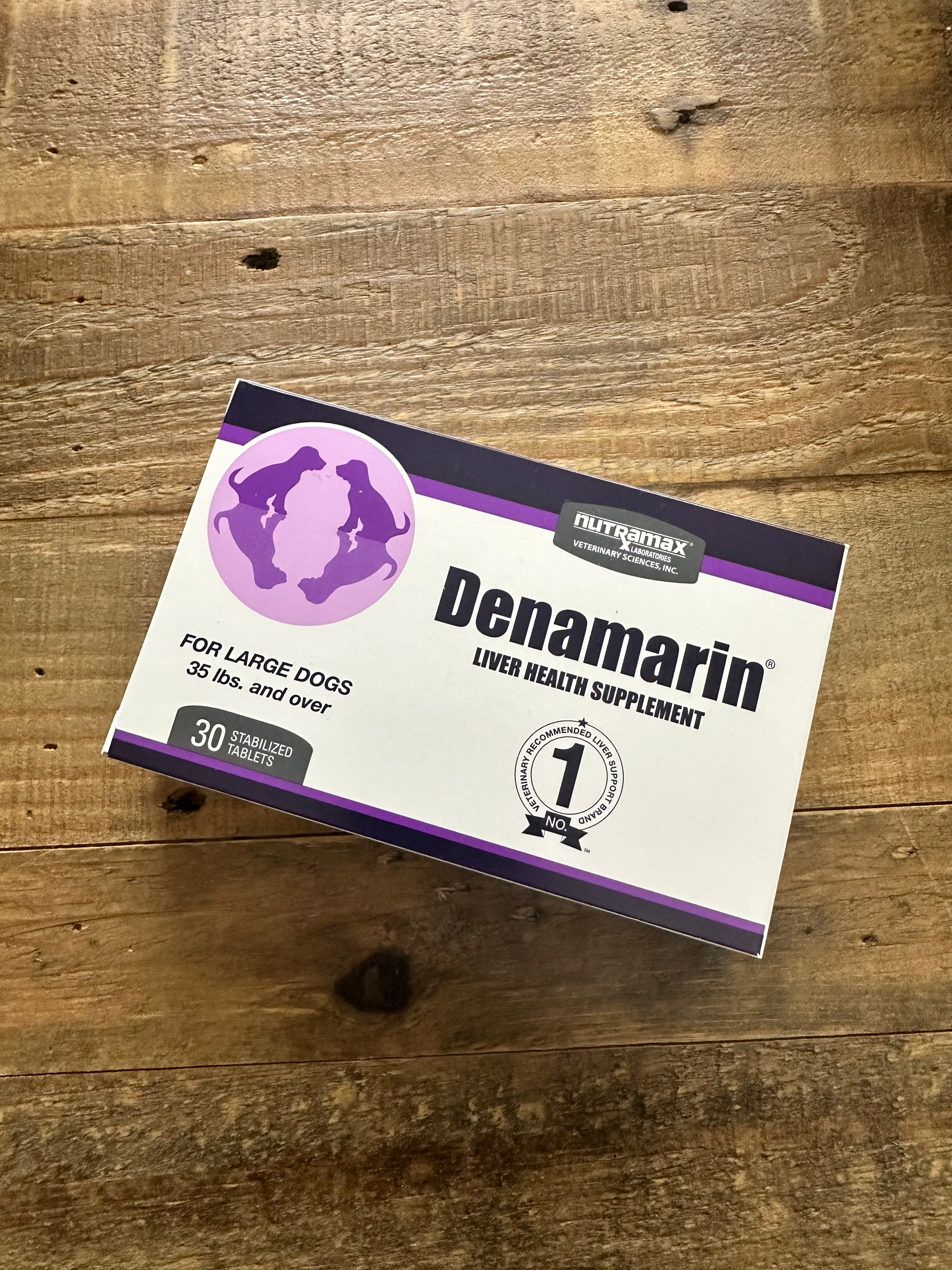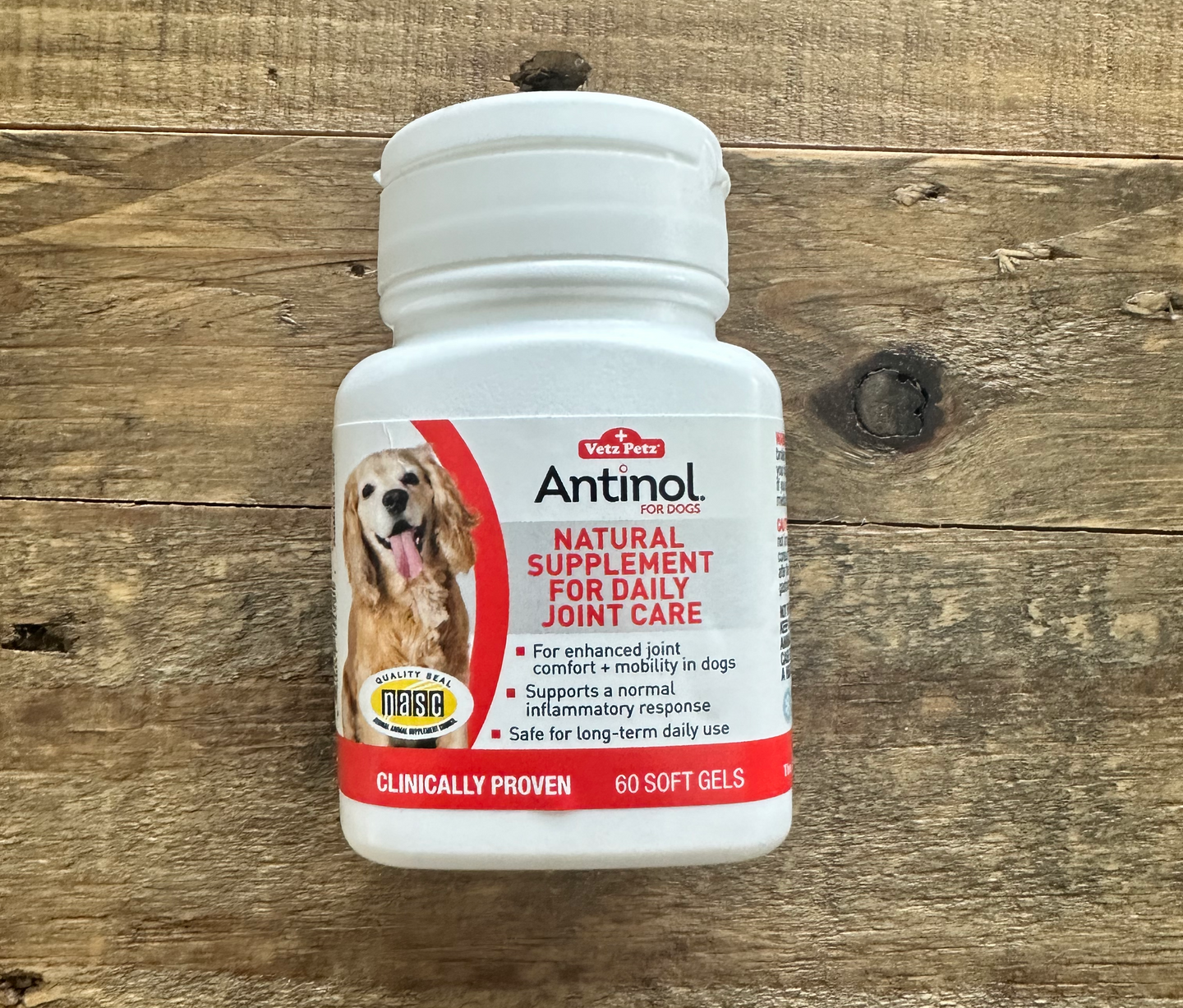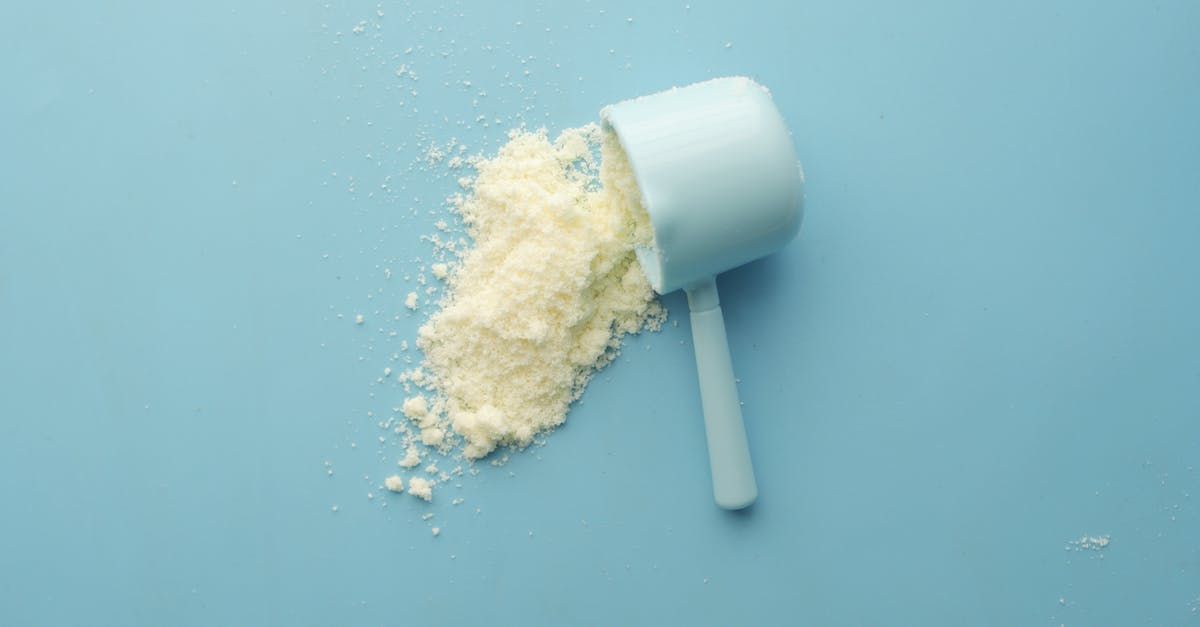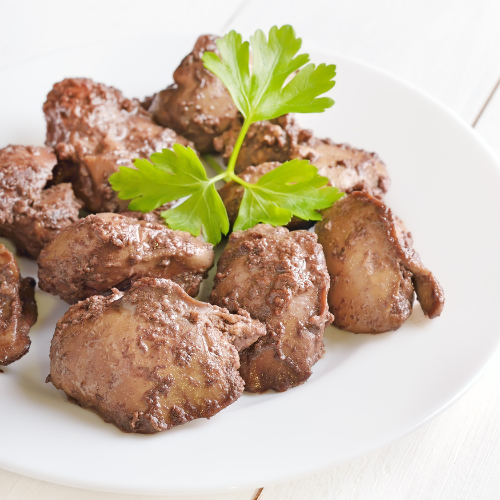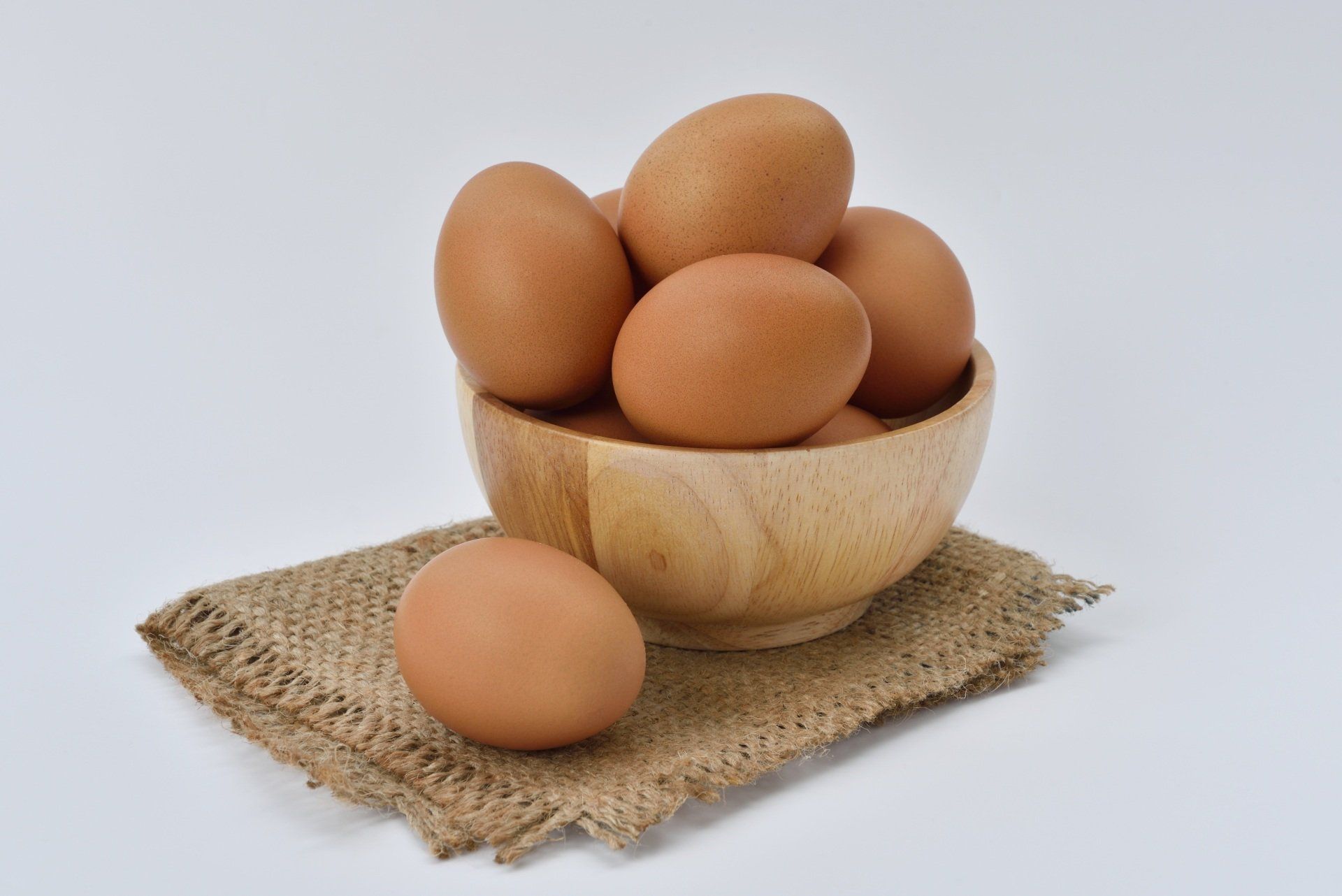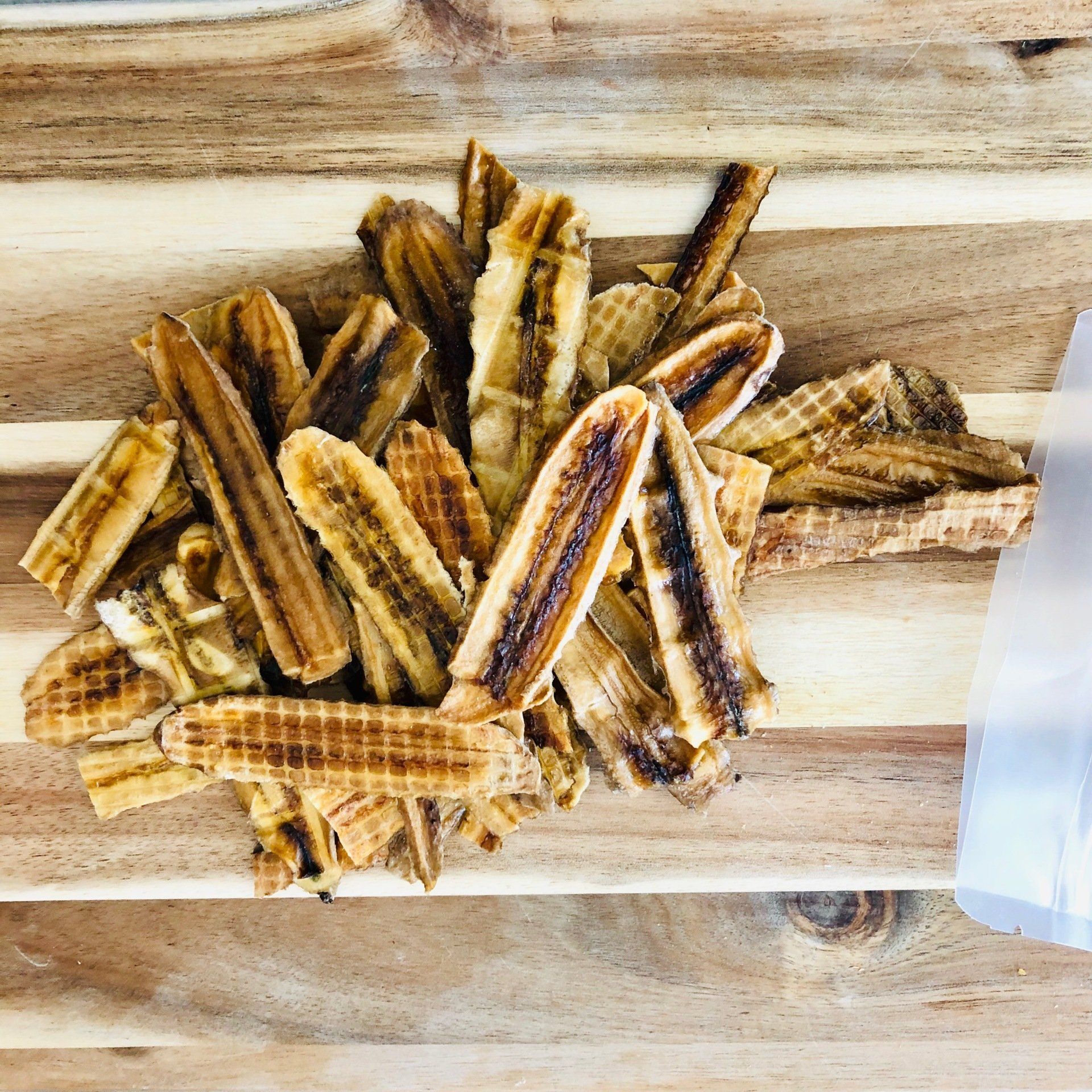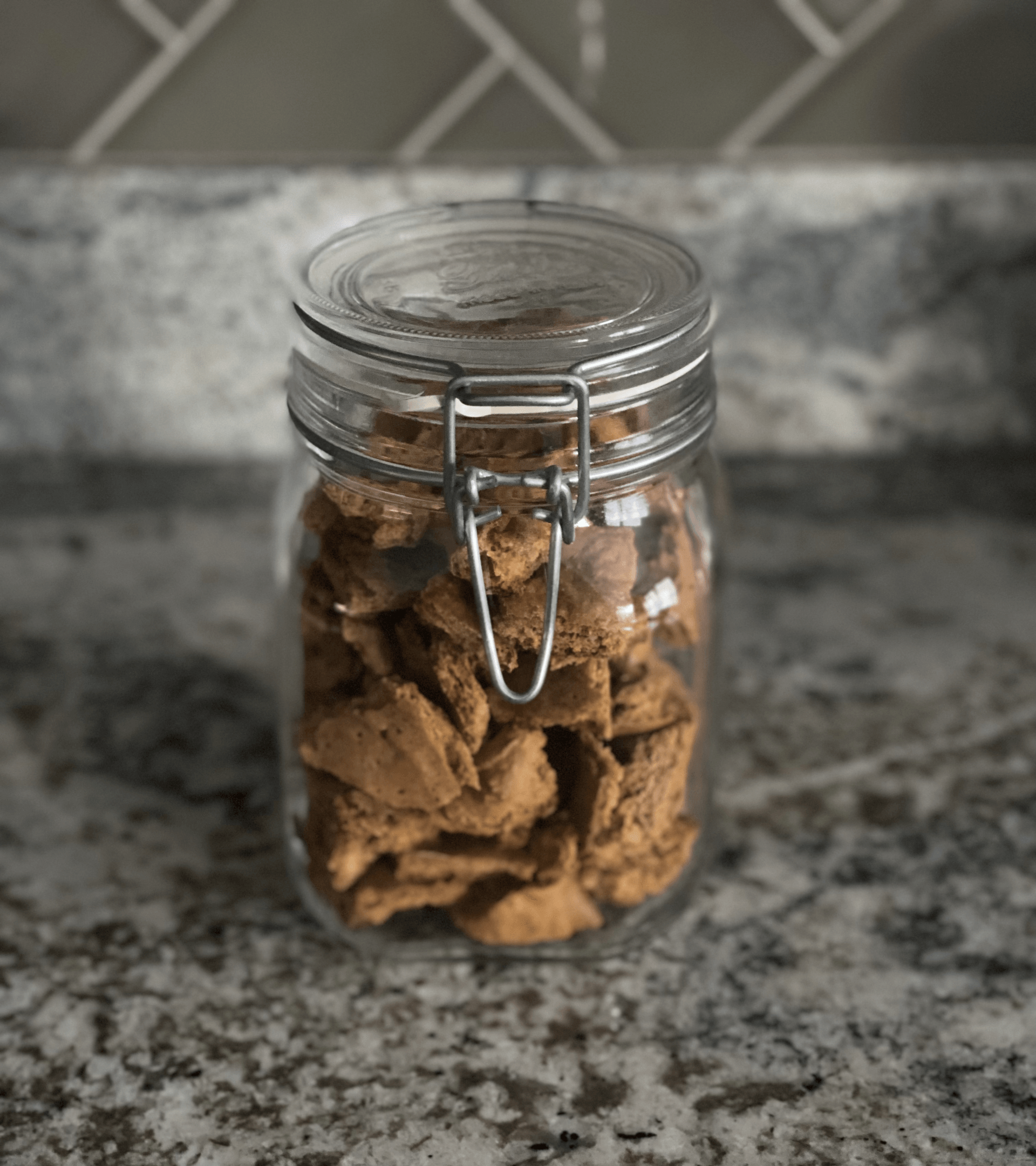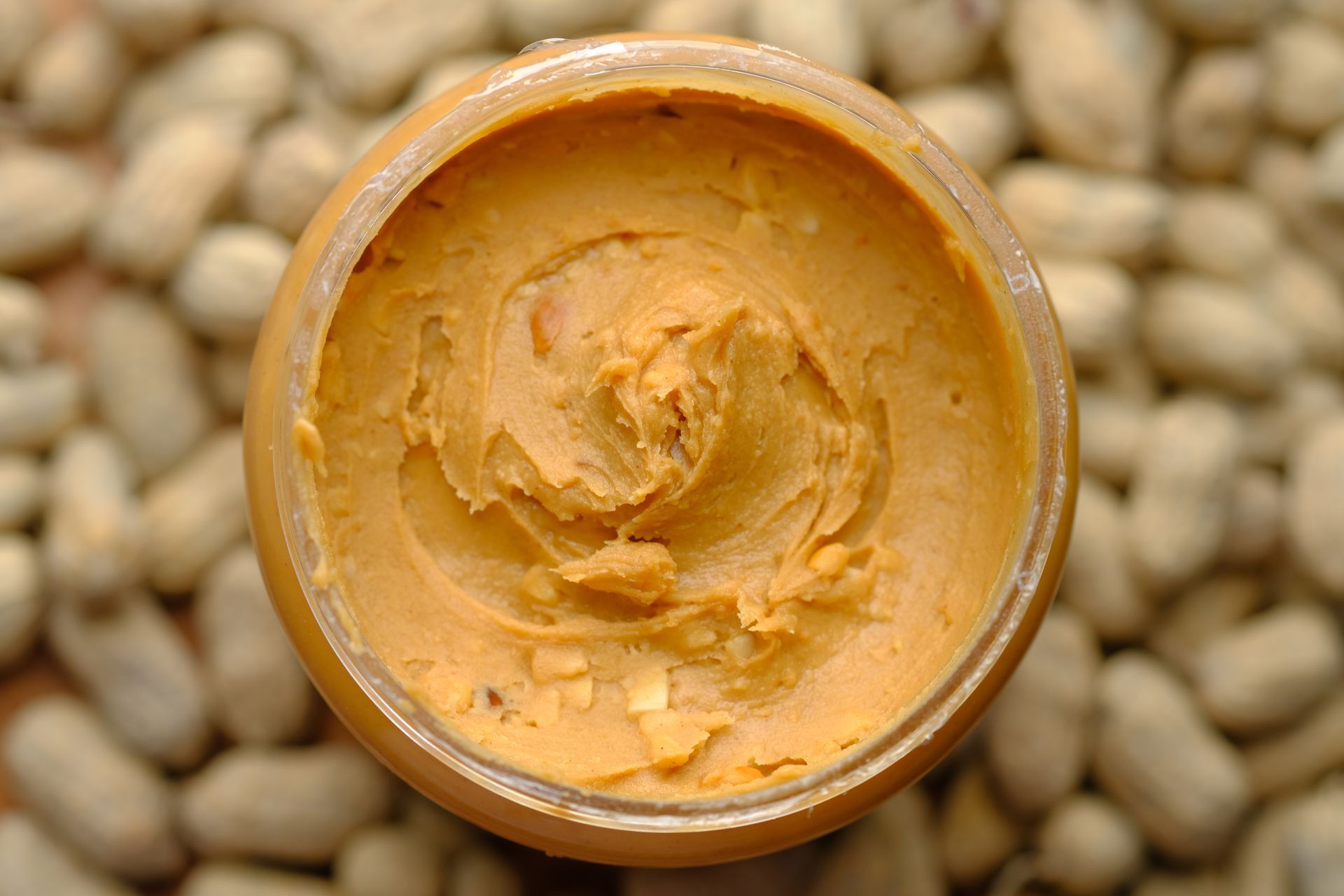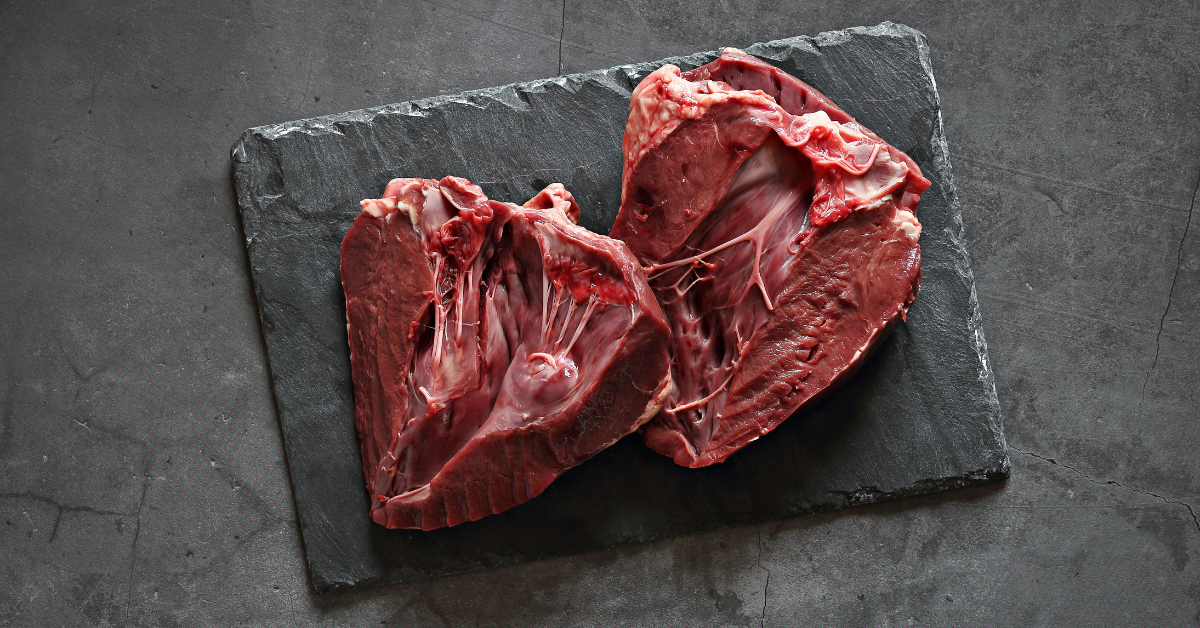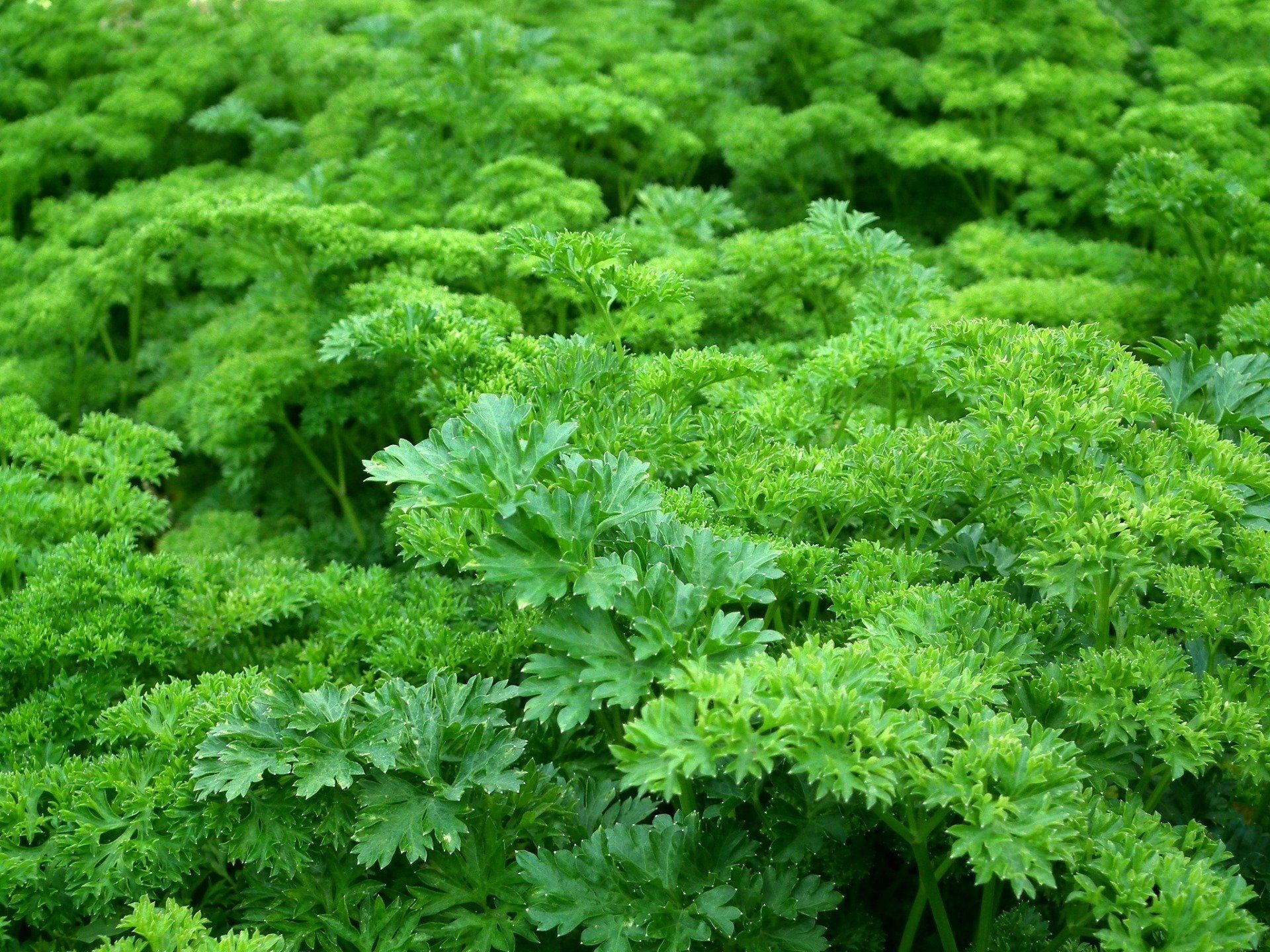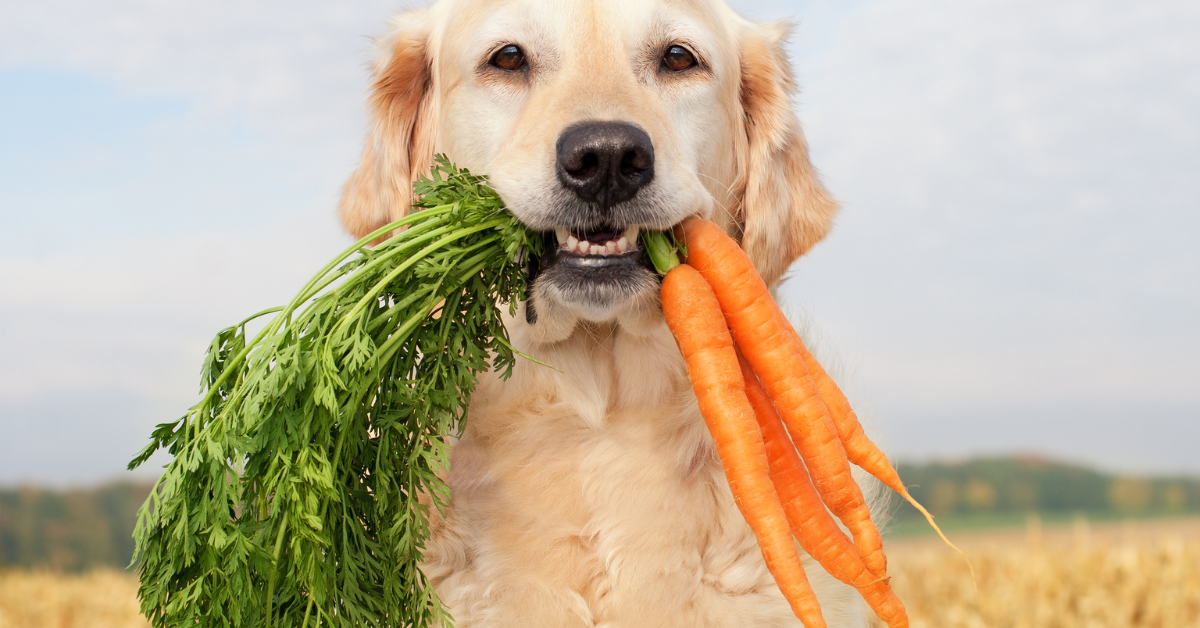5 Seeds You Can Safely Add to Your Dog's Food (And Why!)
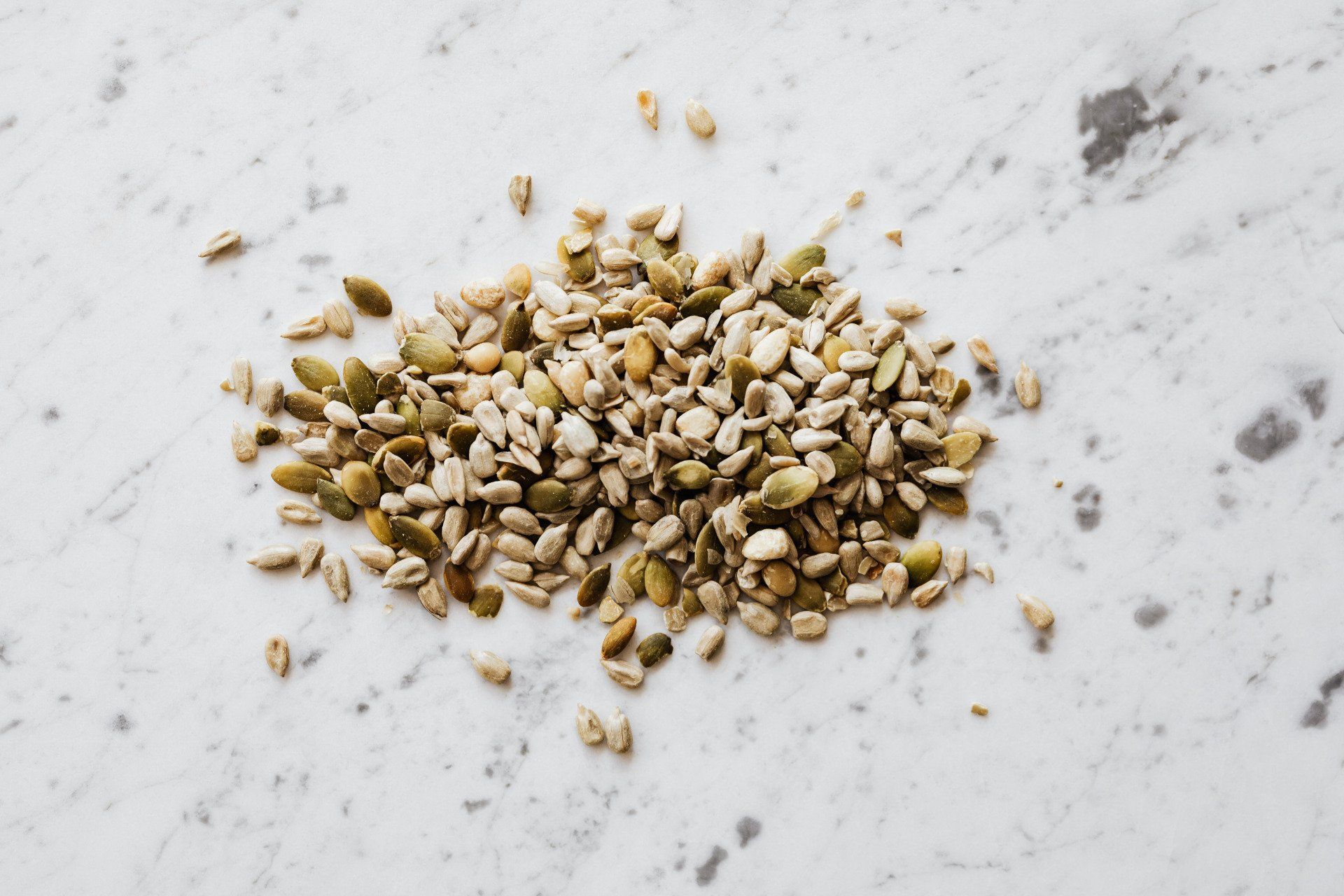
This page may contain affiliate links, and we may earn a commission, referral fee, or compensation. Please read our Disclaimer.
Advertisement
Recent Posts
As homemade, raw and fresh food diets for dogs have gained popularity, many pet owners are looking for ways to add extra nutrients and variety to their dog's diet. Fruits and vegetables are common choices, but seeds? For many, seeds are an afterthought, often dismissed due to the misconception that all seeds are dangerous for dogs. This isn't the case!
Certain seeds are not only safe for dogs but also packed with powerful health benefits. Let's face it, the image of a dog enthusiastically chomping down on a cherry pit is enough to give any owner pause. And rightfully so, cherry pits, along with other seeds like those found in apples, pears, and apricots, contain trace amounts of cyanide, which can be toxic to dogs.
However, these are not the seeds we are talking about. By choosing the right seeds and understanding proper serving sizes, you can unlock a treasure trove of nutritional goodness for your pup. Seeds are rich in omega-3 and omega-6 fatty acids, fiber, antioxidants, and essential vitamins and minerals. These tiny powerhouses to your dog's regular meals can promote healthy skin and coat, aid digestion, and even boost their immune system.
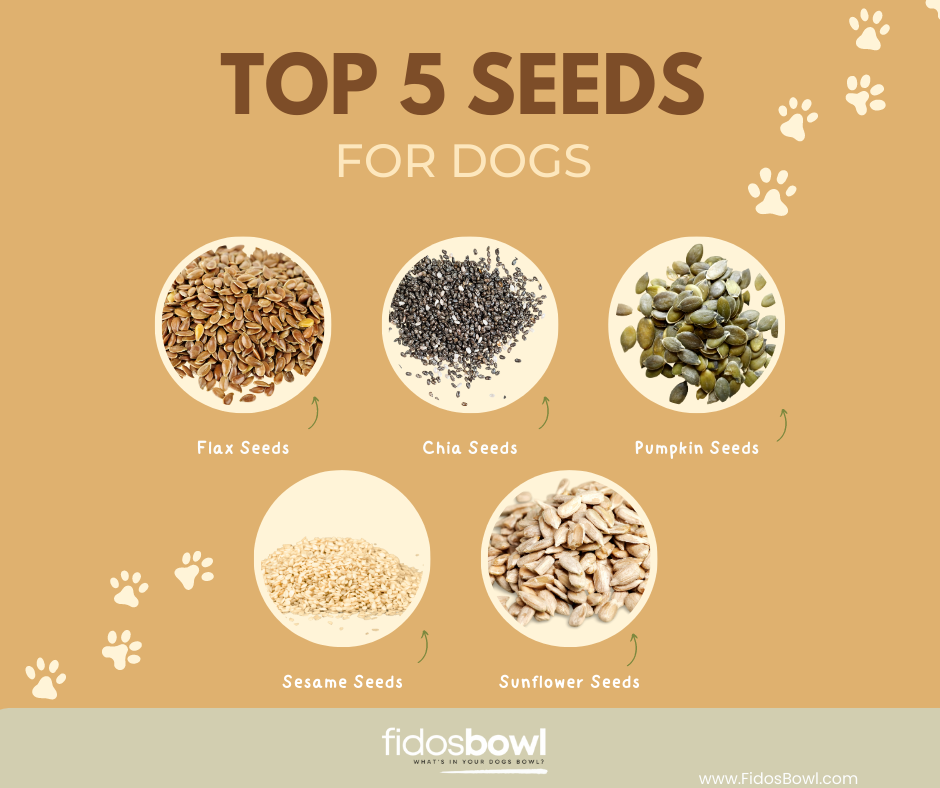
Shedding Light on the Seed Misconception
There are a few reasons why pet parents might be hesitant to offer seeds to their canine companions:
- Fear of Choking: Small seeds can raise concerns about choking, especially for smaller breeds. However, the size of most safe seeds allows them to pass through a dog's digestive system unproblematically.
- Digestive Worries: Some might believe seeds cause digestive upset. The opposite is often true! Seeds like pumpkin and flax are rich in fiber, actually aiding healthy digestion for your pup.
- Toxicity Concerns: Seeds from certain fruits, like apples and cherries, contain trace amounts of cyanide, which can be toxic in high doses. This is why it's crucial to choose seeds specifically safe for dogs.
1. Pumpkin Seeds
Pumpkin seeds, also known as pepitas, are the edible seeds of a pumpkin. They are a good source of nutrients, including protein, healthy fats, fiber, and minerals such as zinc, magnesium, and potassium.
They are a good source of protein and healthy fats, and can also help support your dog's digestive health. The fiber in pumpkin seeds can help regulate bowel movements and prevent constipation, while the zinc and other minerals can support your dog's immune system.
When feeding pumpkin seeds to your dog, it's important to do so in moderation. Too much fiber can lead to digestive upset, so it's best to start with a small amount, such as 1-2 teaspoons per day for a small dog, and gradually increase the amount over time. It's also important to choose plain, unsalted pumpkin seeds, as salted or flavored varieties can be high in sodium or other additives that may be harmful to your dog.
You can feed pumpkin seeds to your dog as a treat, or mix them in with their regular food. To make them more digestible, you can grind them up into a powder or lightly roast them in the oven. However, it's important to avoid feeding your dog pumpkin seeds that are still in their hard, outer shell, as these can be difficult for dogs to digest and may cause intestinal blockages.
2. Chia Seeds
Chia seeds are small black or white seeds that come from the plant Salvia hispanica, which is native to Mexico and Guatemala. They are a good source of nutrients, including fiber, protein, healthy fats, and various vitamins and minerals such as calcium, magnesium, and phosphorus.
They are a good source of fiber, which can help regulate bowel movements and promote healthy digestion. They also contain omega-3 fatty acids, which can help reduce inflammation and support your dog's overall health.
When feeding chia seeds to your dog, it's important to do so in moderation. Too much fiber can lead to digestive upset, so it's best to start with a small amount, such as 1/4 teaspoon per day for a small dog, and gradually increase the amount over time. Chia seeds can be fed to your dog as a treat or mixed in with their regular food.
Chia seeds should be soaked in water or another liquid before feeding them to your dog. This helps to make them more digestible and prevents them from absorbing too much moisture in your dog's digestive system, which can lead to digestive upset.
3. Flax Seeds
Flax seeds, also known as linseeds, are small seeds that come from the flax plant (Linum usitatissimum). They are an excellent source of nutrients and have been used for thousands of years for their health benefits.
Flax seeds are rich in fiber, protein, omega-3 fatty acids, and various micronutrients such as vitamin B1, magnesium, and phosphorus. They also contain lignans, which are plant compounds with antioxidant and estrogenic properties.
However, flax seeds are high in fiber, and if your dog consumes too much fiber, it can lead to digestive upset such as diarrhea or constipation. Additionally, if your dog has a history of gastrointestinal issues, such as inflammatory bowel disease, it's best to consult with your veterinarian before adding flax seeds to their diet.
When feeding flax seeds to your dog, it's best to grind them up first to improve their digestibility and to ensure your dog can absorb the nutrients properly. It's recommended to start with a small amount, such as 1/4 teaspoon per day for a small dog, and gradually increase the amount over time.
It's also important to keep in mind that flax seeds should not be the sole source of omega-3 fatty acids in your dog's diet, as they also need other sources of this nutrient such as fish oil or algae-based supplements.
4. Sesame Seeds
Sesame seeds are tiny, oval-shaped seeds that come from the sesame plant. They are a good source of nutrients, including protein, healthy fats, fiber, and various vitamins and minerals such as calcium, magnesium, and iron.
Sesame seeds can be a beneficial addition to a dog's diet. They are a good source of protein and healthy fats, which can help support your dog's overall health. They also contain antioxidants, which can help protect against cellular damage and inflammation.
When feeding sesame seeds to your dog, it's important to do so in moderation. Too much fat can lead to weight gain and digestive upset, so it's best to start with a small amount, such as 1/4 teaspoon per day for a small dog, and gradually increase the amount over time. Sesame seeds can be fed to your dog as a treat or mixed in with their regular food.
It's also important to note that sesame seeds should be ground or crushed before feeding them to your dog. This helps to make them more digestible and ensures that your dog can absorb the nutrients properly.
5. Sunflower Seeds
Sunflower seeds are the edible seeds of the sunflower plant. They are a good source of nutrients, including protein, healthy fats, fiber, and various vitamins and minerals such as vitamin E, magnesium, and selenium.
Sunflower seeds can be a beneficial addition to a dog's diet. They are a good source of protein and healthy fats, which can help support your dog's overall health. They also contain antioxidants, which can help protect against cellular damage and inflammation.
When feeding sunflower seeds to your dog, it's important to do so in moderation. Too much can lead to weight gain and digestive upset, so it's best to start with a small amount, such as 1/4 teaspoon per day for a small dog, and gradually increase the amount over time. Sunflower seeds can be fed to your dog as a treat or mixed in with their regular food.
It's also important to note that sunflower seeds should be unsalted and unflavored before feeding them to your dog. Salted or flavored varieties can be high in sodium or other additives that may be harmful to your dog.
Why Are Some Seeds Dangerous to Dogs?
While many seeds offer fantastic nutritional benefits for our canine companions, it's important to be aware of some potential hazards. Seeds from fruits like apples, cherries, apricots, and peaches contain amygdalin, a compound that converts to cyanide in the digestive system. In large quantities, cyanide can be toxic to dogs, causing vomiting, diarrhea, difficulty breathing, and even seizures. Avocado pits also pose a risk, as they contain persin, a toxin that can lead to digestive upset and difficulty breathing. When incorporating seeds into your dog's diet, always prioritize safety and choose from the wide variety of dog-friendly options available. Here are a few common culprits to keep off the doggy dinner menu:
- Apple Seeds: These seemingly harmless pips contain amygdalin, a compound that converts to cyanide in the digestive system. Cyanide poisoning can cause vomiting, diarrhea, difficulty breathing, and even seizures in dogs.
- Cherry Pits: Don't let their playful appearance fool you! Cherry pits harbor the same culprit as apple seeds - cyanide. Ingestion can lead to digestive upset or even cyanide poisoning.
- Peach and Apricot Pits: Just like their stone fruit cousins, peach and apricot pits contain amygdalin and pose the same dangers of cyanide poisoning.
Remember: This is not an exhaustive list. Always consult a veterinarian or reliable pet resource if you're unsure about a seed's safety for your dog.
While some seeds offer fantastic benefits, every dog is an individual. Just like with people, some pups may have sensitivities or digestive quirks. Always consult your veterinarian before introducing any new food to your dog's diet, especially if they have pre-existing health conditions. Start with a tiny amount and monitor your dog for any signs of discomfort. Adding new foods slowly allows your dog's system to adjust and ensures a smooth transition to a seed-boosted diet! With a little planning and veterinary guidance, you can unlock the potential of these tiny nutritional powerhouses and keep your furry friend thriving!
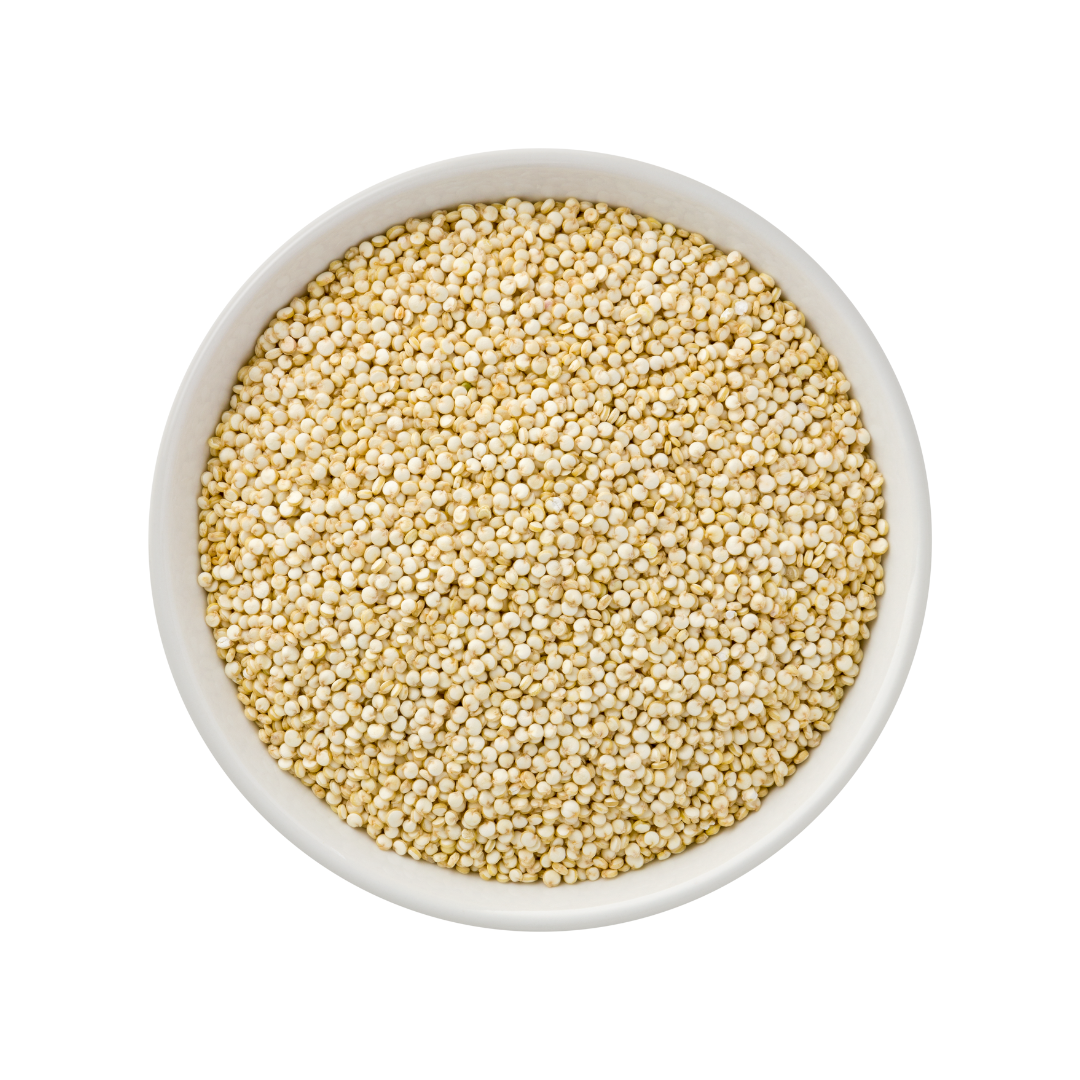
More from the Blog
Join Our Newsletter
Join our Newsletter
We will get back to you as soon as possible.
Please try again later.


